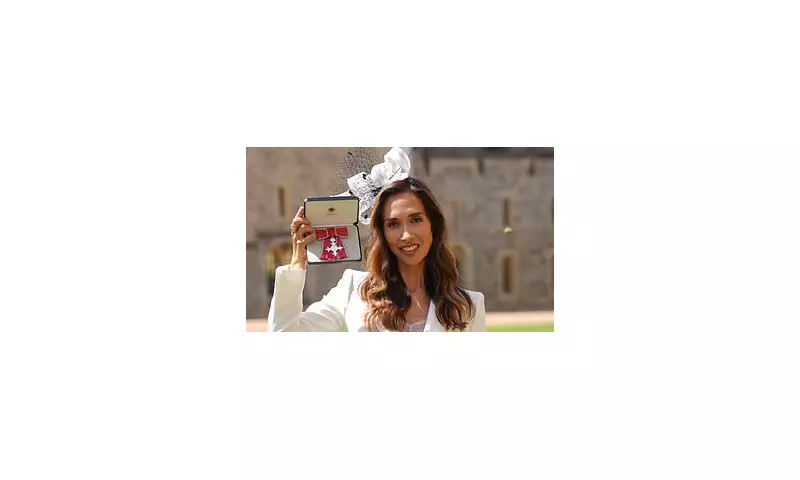
Singer and television presenter Myleene Klass has delivered a powerful statement on diversity and recognition within the UK honours system, revealing she felt her mixed-race heritage played a role in the muted celebration of her MBE compared to her white, male peers.
The classical musician and broadcaster, 45, received the prestigious Member of the Order of the British Empire award from King Charles III at a ceremony at Windsor Castle for her services to music and charity, particularly her work raising awareness about miscarriage.
However, in a candid reflection, Klass claimed that being "a little bit brown" meant her monumental achievement was not met with the same level of acclaim and media fanfare typically afforded to white, male celebrities.
A Stark Contrast in Celebration
Klass did not shy away from highlighting the disparity. "I look at my counterparts who are white, male, straight... and they're celebrated," she stated. Her comments point to an ongoing conversation about representation and unconscious bias within British media and institutions.
Despite the personal significance of the moment, Klass noted a distinct difference in the public and media reaction to her honour, suggesting that her Filipino-Austrian background influenced the coverage.
An Honour for Advocacy and Music
The award recognises Klass's successful career in music, from her time in the band Hear'Say to her solo work, as well as her formidable advocacy. She has been widely praised for her brave campaigning after suffering multiple miscarriages, using her platform to break the silence and stigma surrounding pregnancy loss for countless women.
She attended the ceremony with her mother, Magdalena, who was visibly emotional, making the day a profoundly personal family occasion.
While grateful for the royal honour, Klass's remarks serve as a poignant reminder that the journey to equal recognition for people of all backgrounds in Britain is still ongoing. Her experience underscores the need for a continued examination of how achievements are celebrated across different communities.





